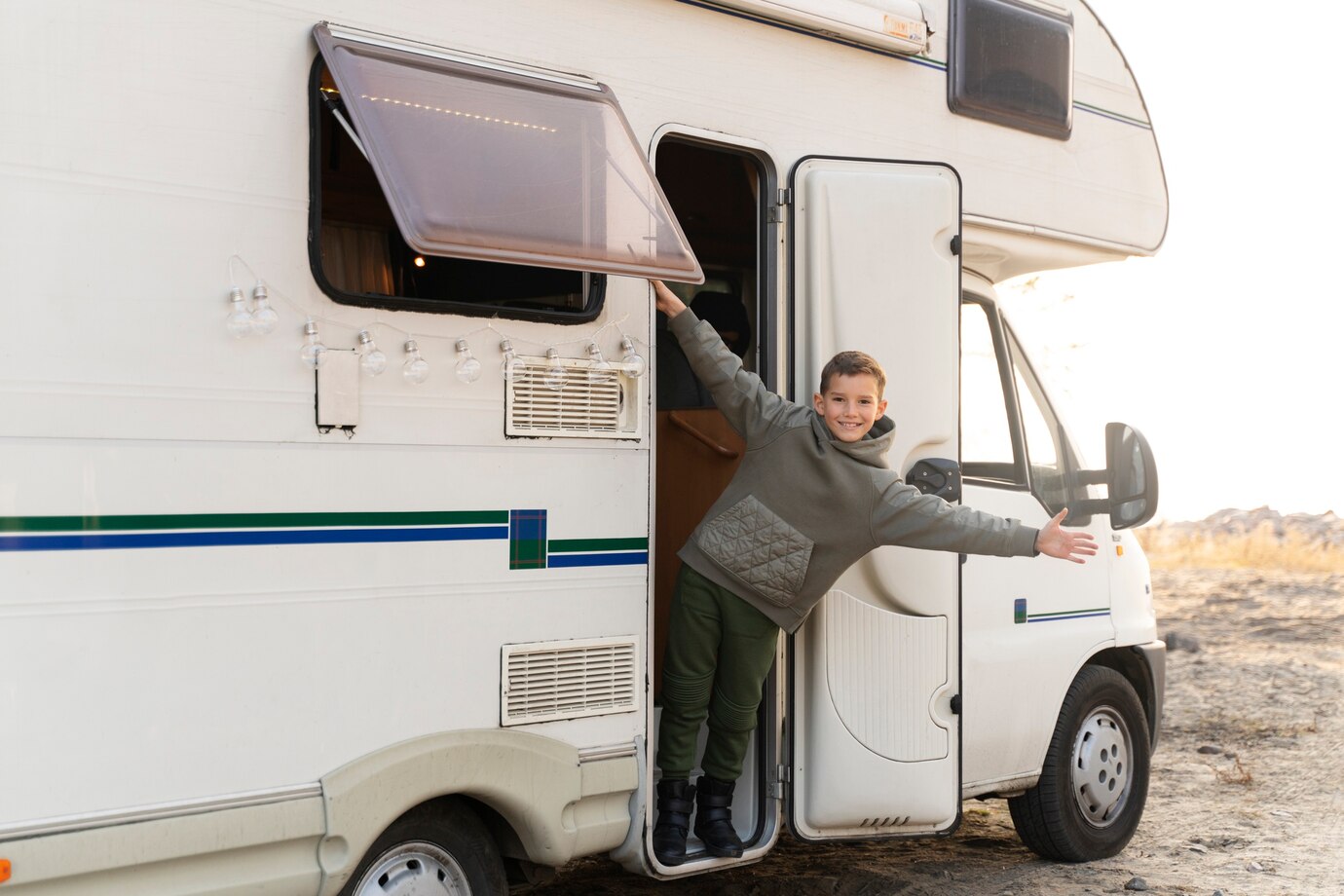Understand your RV's lifeblood! Discover the essentials of RV electrical systems for a stress-free trip.
RV Electrical System Basics: What Every Owner Should Know

Owning an RV means having the freedom to travel anywhere. But to enjoy your trip, you must understand the RV electrical system. It powers everything inside your RV, from lights to kitchen appliances. Whether you are new to RVs or have experience, knowing the basics of your camper electrical system is essential.
Understanding the RV Electrical System
An RV electrical system has two main power sources:
- 1. 12V DC Power : This comes from your RV battery or travel trailer battery. It runs lights, water pumps, and fans.
- 2. 120V AC Power : This is the power you get from an RV electrical hookup at campgrounds. It runs air conditioners, microwaves, and TVs.
Some RVs also use solar power for RV or solar power for camper to generate electricity.
RV Batteries and Power Storage
Your RV house batteries store power for the RV power system. There are two types of batteries:
- Lead-acid batteries - These are common but need regular maintenance.
- Lithium batteries RV - These last longer and charge faster.
If you want long-lasting power, an RV lithium battery system is a great choice. A strong battery system for RV helps keep your appliances running.
Connecting to Shore Power
When you park at a campground, you connect to shore power using an RV power cord. This is also called an RV power adapter or RV adapter plug. Before plugging in, check your RV electrical panel to make sure you are using the right voltage.
Backup Power Solutions
Sometimes, campgrounds do not have power. In that case, you need a best generator for travel trailer. A generator provides electricity when there is no RV electrical hookup. Some people also install a RV power inverter to change DC battery power into AC power.
RV Electrical Safety and Maintenance
To avoid problems, always check your RV circuit breaker. If something stops working, you may need an RV electrical repair. Keeping your camper van electrical system in good condition is important for safety.
Conclusion and Final Thoughts
Understanding the RV electrical system is important for all RV owners. Whether you rely on an RV power battery, a travel trailer battery, or solar power for RV, knowing how your system works will help you travel with confidence.
FAQs
-
1. What is an RV electrical system?
The RV electrical system is what powers all the electrical appliances and devices in an RV. -
2. How does an RV get power?
An RV gets power from RV batteries, RV electrical hookup, generators, or solar power for RV.. -
3. What is the best type of RV battery?
Lithium batteries RV last longer and charge faster than traditional lead-acid batteries. -
4. Why is my RV power cord not working?
Your RV power cord may be damaged, or your RV circuit breaker might be tripped. -
5. Can I run my RV on solar power?
Yes, many RV owners use solar power for camper to generate electricity while traveling.
